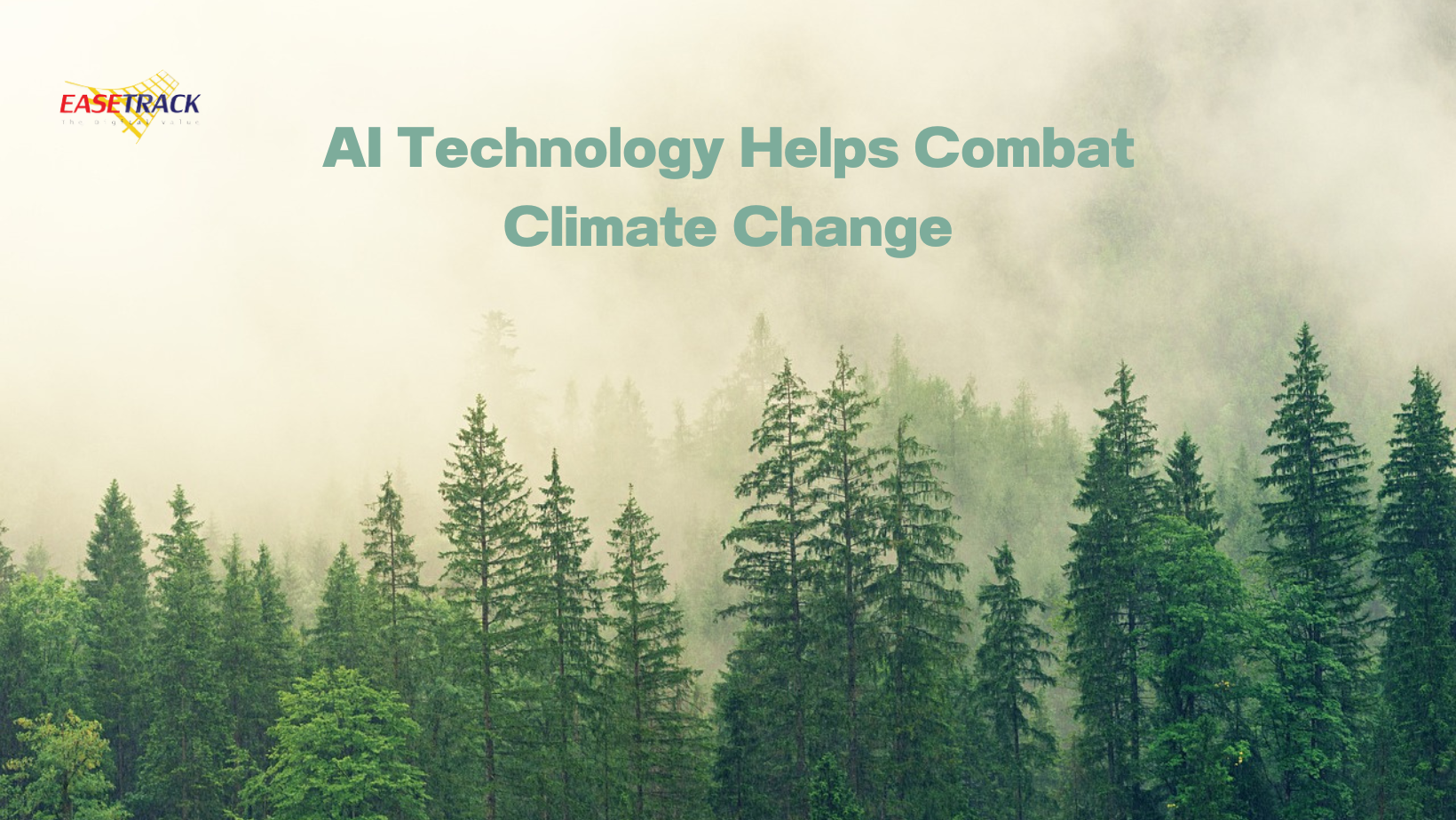
The use of AI can contribute to the fight against climate change
According to the World Health Organization, nearly 4 billion people live in areas at high risk from climate change. It is projected to cause approximately 250,000 additional deaths per year from 2030 to 2050 due to undernutrition, malaria, diarrhea, and heat stress alone.
This aligns with information from the World Economic Forum, which states that AI can help address climate change in the present era as follows:
1. Icebergs are melting – AI knows where and how fast
AI has been trained to measure changes in icebergs 10,000 times faster than humans, helping scientists understand how much meltwater icebergs are releasing into the ocean. This is a process that is accelerating as climate change warms the atmosphere.
Scientists from the University of Leeds in the UK say their AI can map large icebergs in the Antarctic using satellite images in just one-hundredth of a second. The European Space Agency reports that for humans, it takes a long time and it is difficult to identify icebergs amid white clouds and sea ice.
2. Mapping deforestation with AI
In addition, AI experts in satellite imagery And ecosystems have also been used to map the impact of deforestation on the climate crisis. Space Intelligence a company based in Edinburgh. Scotland It said it operates in more than 30 countries and has mapped more than 1 million hectares of land from space using satellite data. The company’s technology measures remote measurements such as deforestation rates and the amount of carbon stored in the forest
3. AI helps communities facing climate risks in Africa
In Africa, AI is being used in United Nations projects. To help communities at risk from climate change in Burundi, Chad and Sudan.
The IKI project uses AI technology to help predict weather patterns. Therefore, communities and agencies can better plan how to adapt to climate change and reduce its impacts. This includes improving access to clean energy. Using a proper waste management system and support for reforestation

4. Using AI to recycle more waste
Another AI system is helping to tackle climate change by making waste management more efficient. Waste is a major producer of methane and is responsible for 16% of global greenhouse gas (GHG) emissions, according to the U.S. Environmental Protection Agency.
Greyparrot, a software startup based in London, UK, has developed an AI system that analyzes waste processing and recycling plants. To help recover and recycle more waste materials. The company tracked 32 billion waste items across 67 waste categories in 2022 and said it identified an average of 86 tonnes of material that could be recycled. But it is sent to a landfill.
5. AI is cleaning up the oceans
in the netherlands An environmental organization called The Ocean Cleanup is using AI and other technologies. To help eliminate plastic pollution from the ocean.
Object-detecting AI helps organizations create detailed maps of ocean trash in remote locations. Ocean trash can be collected and removed. This is more effective than traditional cleaning methods using trawlers and airplanes.
Plastic pollution contributes to climate change by releasing greenhouse gases and harming nature.
6.Google DeepMind’s AI weather tool
Google’s AI research lab says it is using AI to help fight climate change in many areas. This includes building a rich passion dataset that will help develop global AI solutions for climate change. Google DeepMind is working on this in collaboration with Climate Change AI, a non-profit organization founded by volunteers from the institute. Education and industry see an important role in fighting climate change.
Google’s other AI tools focus on improving weather forecasts and increasing the value of wind energy by better predicting output from wind farms.
7. AI can help industries reduce carbon emissions
AI is being used to help companies in the metallurgical and mining industry Oil and Gas Reduces Carbon Emissions in Their Operations Eugenie.ai which is located in California The United States has developed a greenhouse gas emissions tracking platform that combines satellite imagery with data from machines and processes. This data is then analyzed by AI to help companies track, trace and reduce greenhouse gas emissions by 20-30%. Industrial sector It creates approximately 30% of global greenhouse gas emissions.
All of this is just technology that can help humans from environmental disasters to a certain extent. But climate change is an ongoing problem and has no end in sight if humans continue to destroy the planet.
Source: bangkokbiznews
Contact Easetrack
